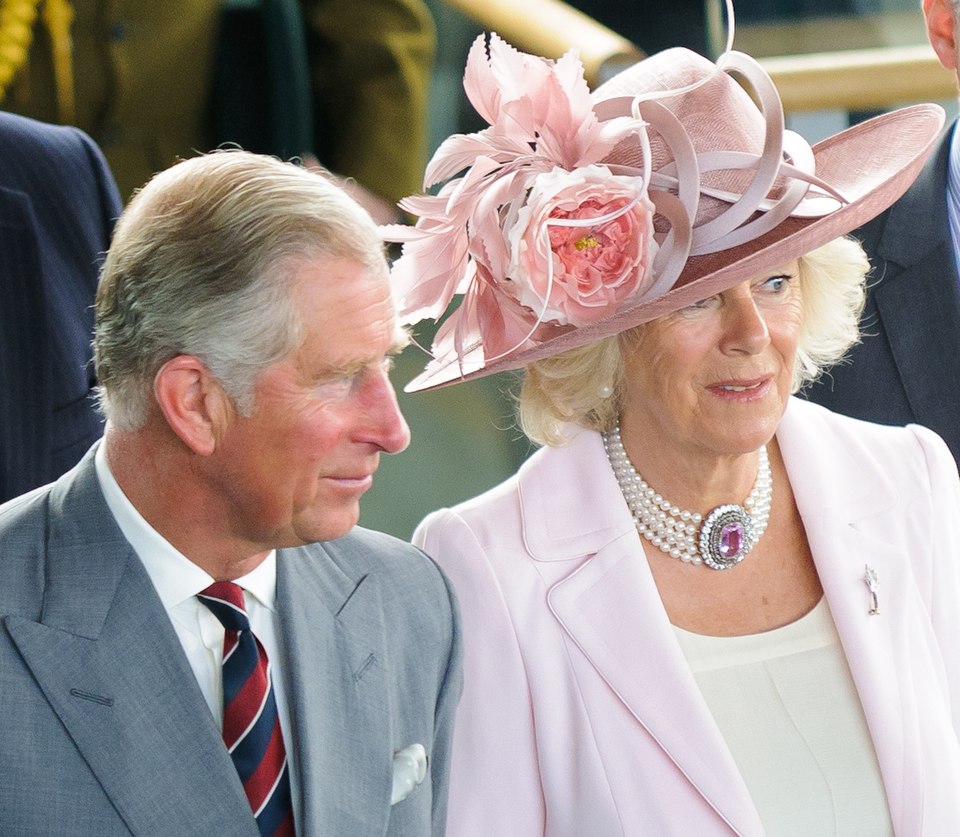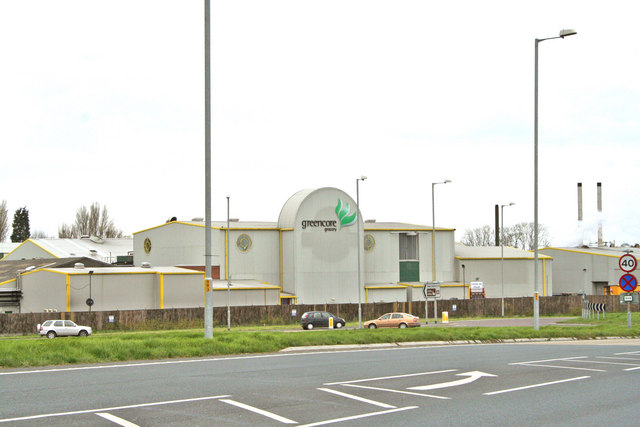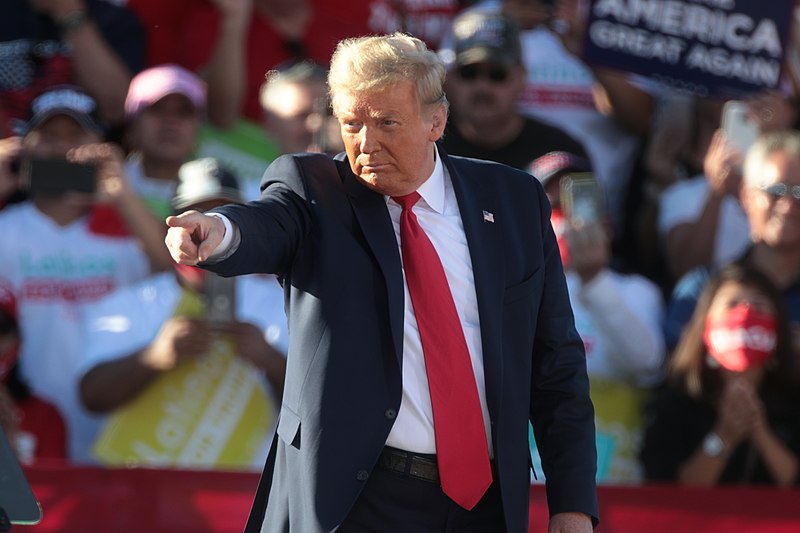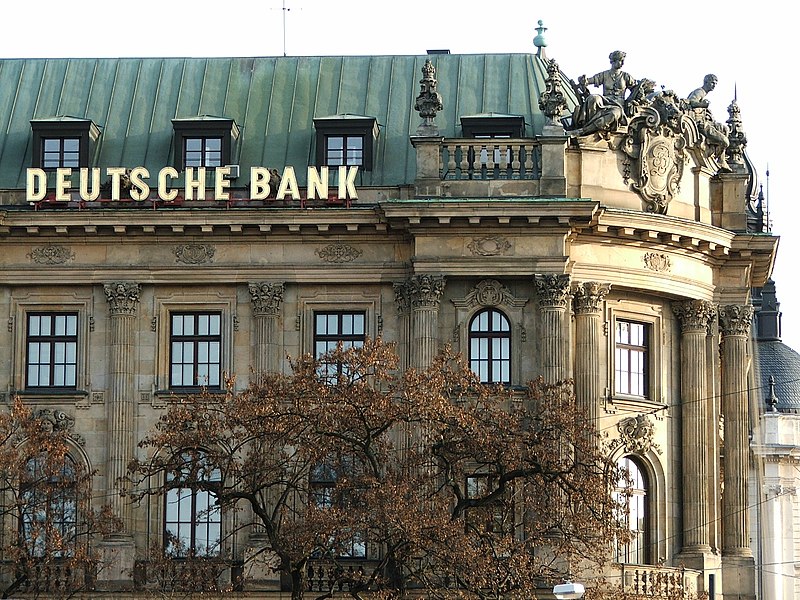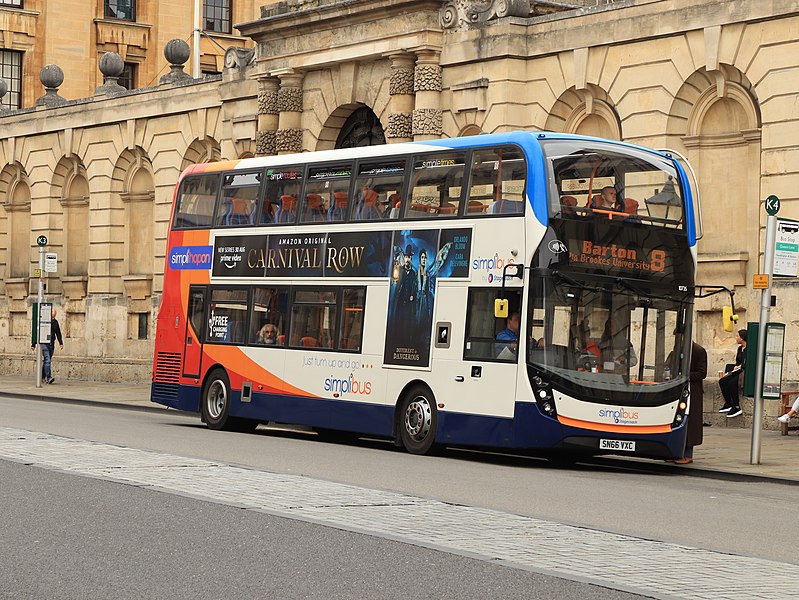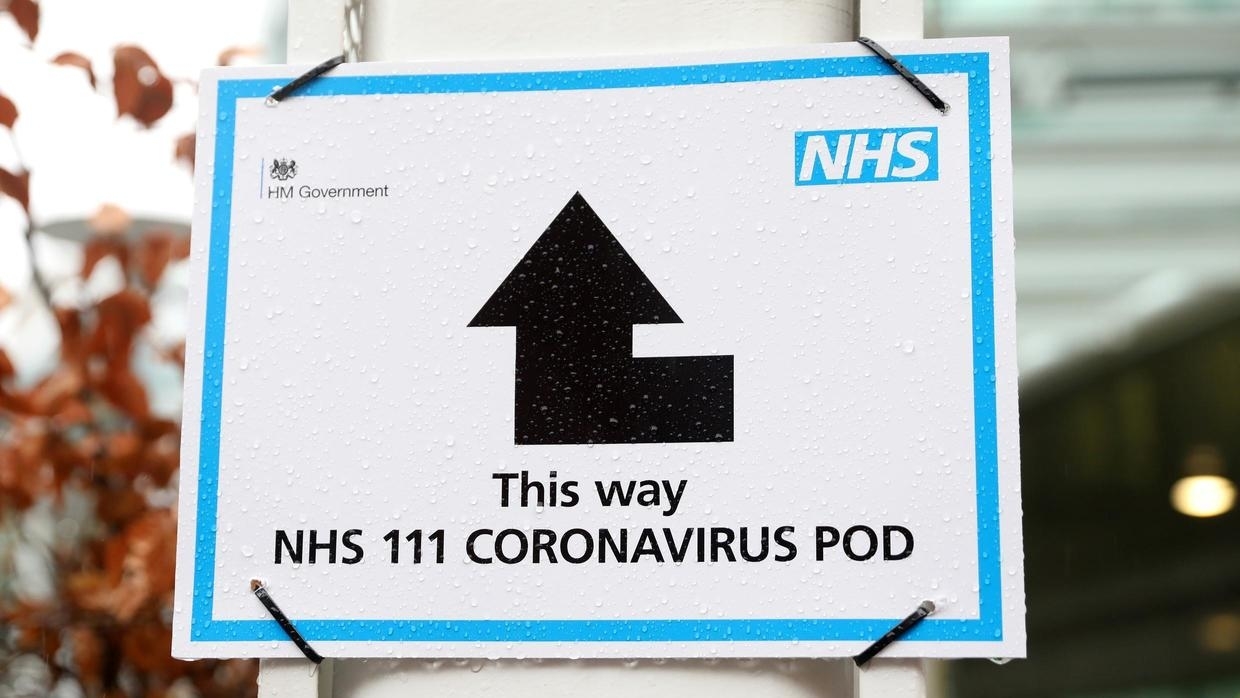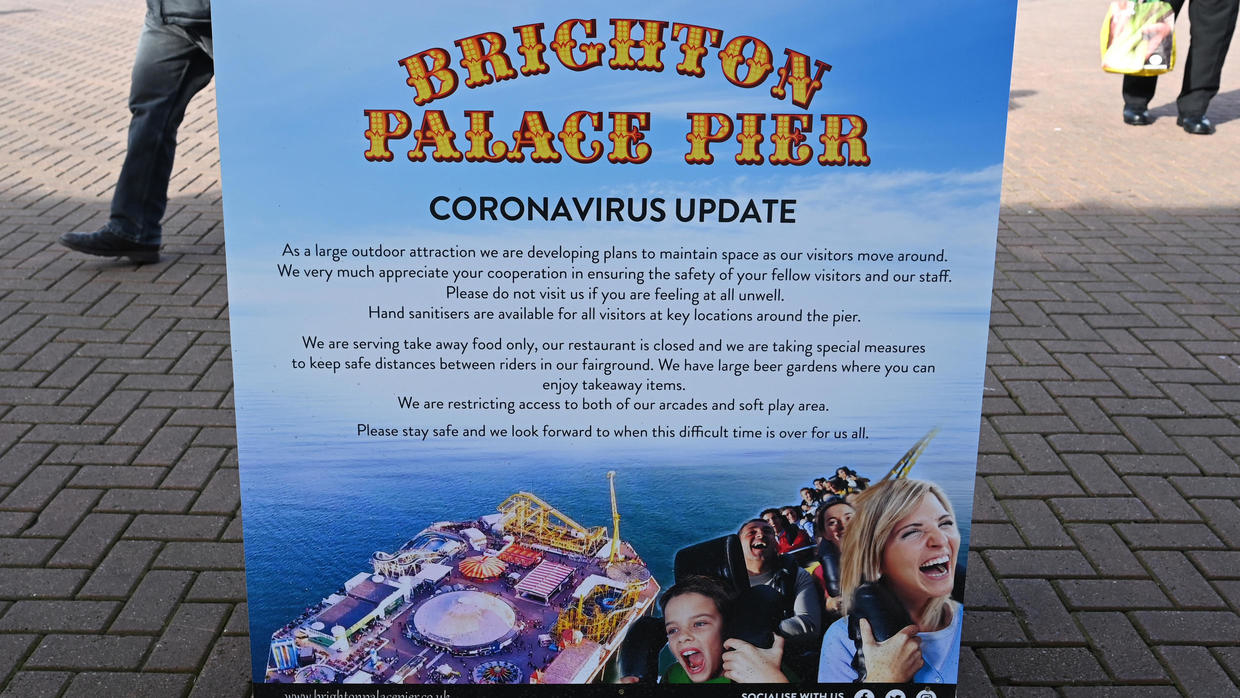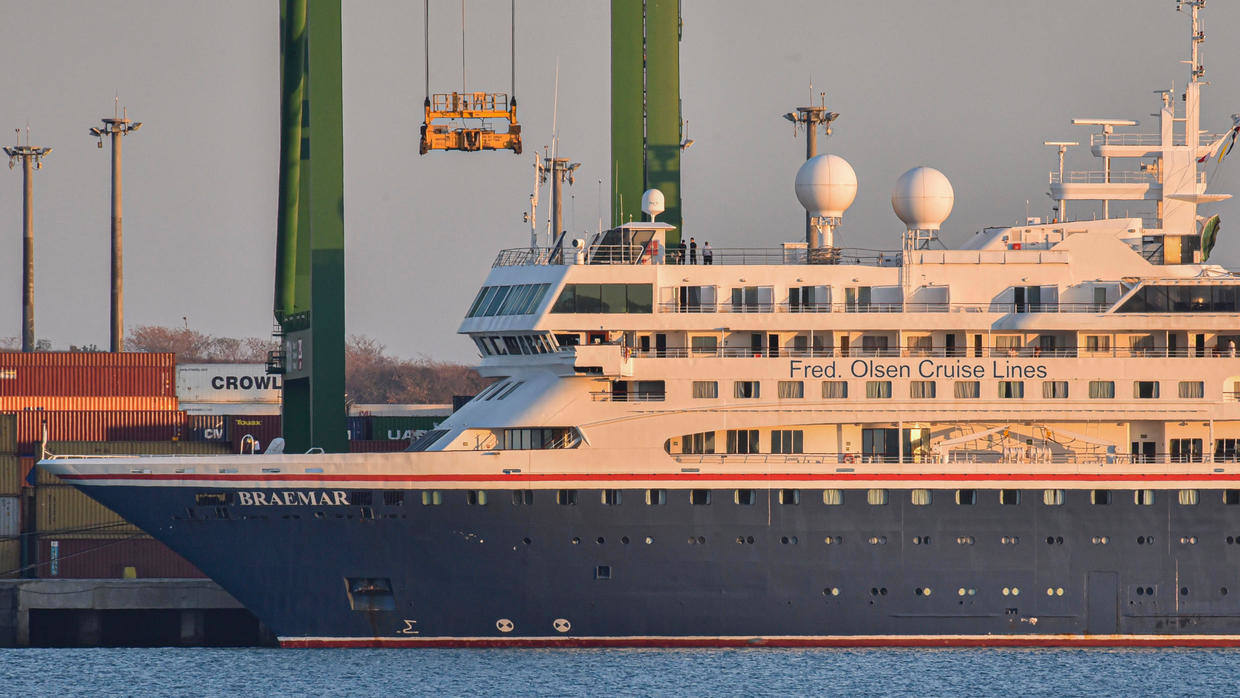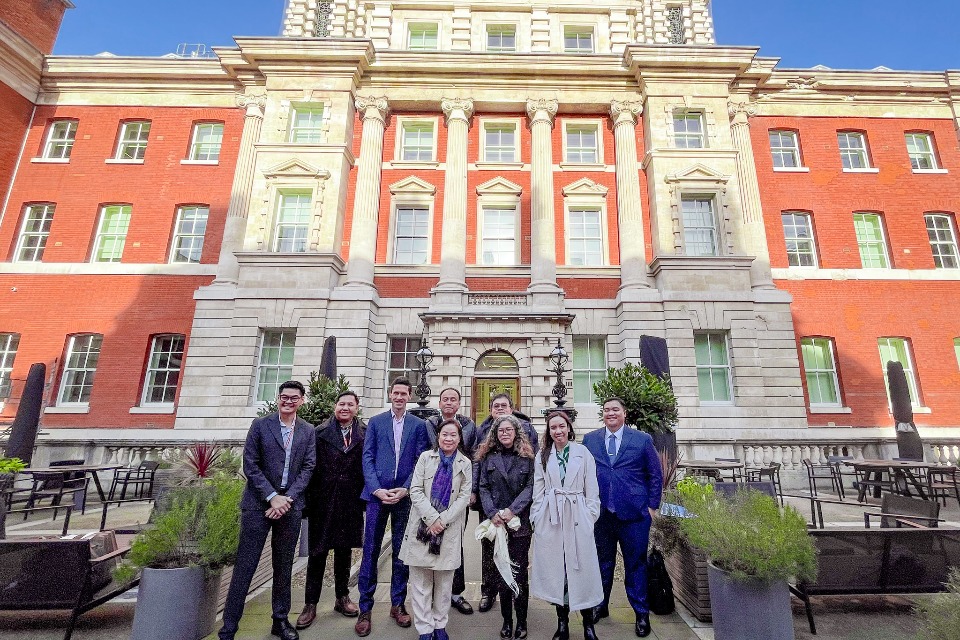
Government officials from the Philippines recently embarked on an Infrastructure Financing Study Visit in London, organized by the British Embassy Manila. The delegation comprised twenty
representatives from 11 Philippine agencies and aimed to foster collaboration between the UK and the Philippines on sustainable infrastructure projects.
During the visit from January 30 to February 2, delegates engaged in in-depth discussions, knowledge-sharing sessions, and site visits to prominent UK infrastructure projects such as the Silvertown Tunnel and the Elizabeth Line rail route. A key highlight was a learning session with the UK's Infrastructure Projects Authority (IPA) to gain insights into the UK's approach to infrastructure planning and delivery, including its National Infrastructure Assessment and National Infrastructure Plan.
The visit provided an opportunity for Philippine officials to learn from the UK's experience in developing bankable projects that meet international standards and attract international investors. Engagements with entities like Transport for London and Crossrail International offered valuable exposure to project initiation, preparation, appraisal, and approval processes.
British Ambassador to the Philippines, Laure Beaufils, expressed enthusiasm for the visit, emphasizing the UK's commitment to supporting sustainable infrastructure development in the Philippines. She highlighted the importance of sharing expertise to catalyze private sector investment and promote resilience in infrastructure projects.
His Excellency Teodoro L. Locsin Jr., Philippine Ambassador to the UK, underscored the government's eagerness to collaborate with the UK in financing priority programs and exploring investment opportunities in both the public and private sectors. Discussions are underway for a government-to-government arrangement to access GBP4 billion in export credit financing offered by the UK.
The visit facilitated mutual learning, with the UK showcasing its technical expertise and best practices in infrastructure development, while the Philippines presented its priority projects and infrastructure requirements. Both sides laid the groundwork for future collaborations, including the execution of an export credit Framework Agreement to mobilize additional capital from the private sector.
The Philippine delegation comprised representatives from various government agencies, including the Department of Finance, National Economic Development Authority, Public-Private Partnership Center, and Department of Transportation, among others.
